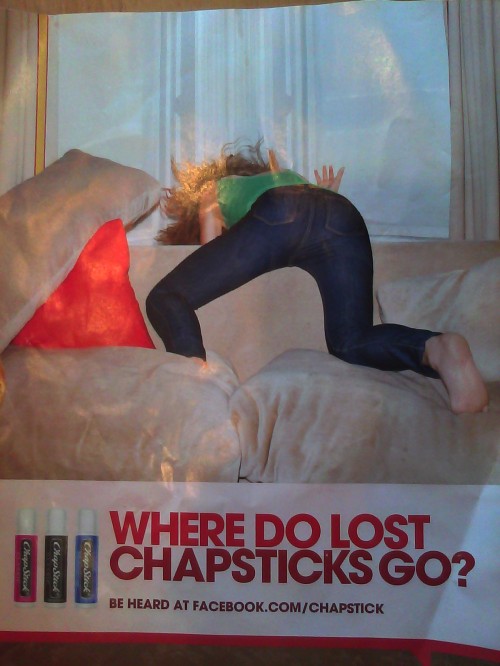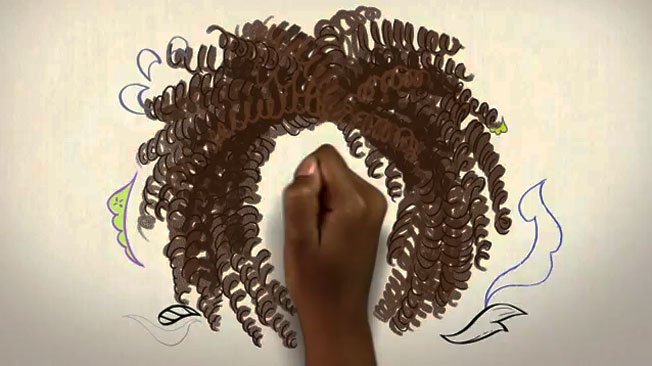Sometimes, throwing professionalism out the window is all you can do.

The day I smashed the phone down so hard that it cracked in two.
I was 30, a month into my first ‘Director’ title in an ad agency with a big dot-com salary, and 3 days away from launching a $100k website. (It was my first big website project, and I was still learning that ASP was not, in fact, a Shakespearean viper.
I wasn’t too worried, though: The VP had hired a project manager: “This guy’s a genius with the internet,” said my VP. “You do the client management and he’ll take care of all the technical stuff – he’s a genius!”
“Don’t worry,” said Genius Boy. “I’ve been running online bulletin boards since the internet was invented – I’m a bit of a guru. Just don’t make me talk to the client. I hate clients.”
People who call themselves gurus usually aren’t.
72 hours before the site was due to launch, I discovered that Genius Boy had completed none of the tasks he’d been assigned. He hadn’t implemented the changes the client requested (“They’re stupid,” he said, dismissively); hadn’t tested the site on IE (“Microsoft is evil and I’m not wasting my time fixing bugs in IE,” he said with a fastidious sniff of derision); had fired the Flash director (“Flash is stupid, and anyway you can’t put it on a site with html,” he said, erroneously); and he’d called in sick.
I lost it.
From ‘A-list’ to ‘nutjob’, one phone at a time.
I phoned Genius Boy at home. I don’t remember exactly what I said – thought I’m pretty sure it contained something about how I was sick and tired of his arrogant “…Apple-centric, passive-aggressive, Filemaker-Pro-is-the-best-database-in-the-world’, OS-dependent moral code” deluded worldview – but when I was done, I smashed the receiver into its cradle so hard that the handset cracked in two. It’s possible I uttered an oath at well above ‘indoor voice’ levels.
Five seconds later I hear a tentative “Um, Sarah? Are you okay?” from two cubicles away, and I suddenly realize that everything within a 30-foot radius of my desk was enveloped in this thick fog of silence: No talking, no typing sounds, no rustle of papers – nothing.
“Uh-oh,” I thought. “There goes my career.”
As I saw it, I’d just gone from ‘high-performing leader who handles stressful projects and impossible deadlines with grace and aplomb’ to ‘unpredictable freakshow’ in about 3 minutes. “I probably won’t get fired for this,” I thought. “I mean, I didn’t punch him or anything. But I guess I won’t be getting that promotion when I have my annual review next month. No one wants to promote a loose cannon.”
Losing your shizzle can be a great career move
The website got done and the client was (very) happy. A month later, in my annual review with the VP, I got the promotion – and a raise. But I was still feeling awkward about The Phone Incident.
“Don’t worry about it,” said the VP. “You got the job done. And to be honest, before that happened I thought you were too anxious to keep everyone happy all the time. As a manager you can’t be afraid to let people know when you’re angry. The Phone Incident is one of the reasons you got the promotion.”
I said I still thought that raising my voice in a work setting was ‘unprofessional’.
“Ha!” the VP chortled. “That’s a myth! Sometimes it’s the only way to convince people that you’re serious. Sure, do it every week and you’ll get a rep; do it once a while and you’ll find people give you a lot more respect. And if means the difference between delivering on time and letting the client down, err on the side of on-time delivery.”
And because no blog is complete without them:
5 tips for losing your shizzle at work!
Ideally, of course, we would all meet deadlines and client expectations without anyone ever losing their temper. But even paragons of virtue lose it once in a while.
So how do you ensure you’re losing your shizzle strategically
Here’s what senior management people say:
- Don’t use long strings of invectives. Three minutes of non-stop “F-you*&*&%$bleeping a-!@%^*^#&&*” will push you into Mel-Gibson-crazyland.
- Don’t get personal. Referring to a co-worker’s ‘thunder thighs’ is the kind of insult that could destroy a working relationship forever.
- Keep it brief. A one-off, 3-minute explosion gets your point across; an all-day scream-fest just makes you look like you need anger management classes.
- Keep it contained. Don’t start yelling, “And as for you, buddy…” at everyone within a 20-foot radius.
- Don’t do it more than once a year. More often, and not only will you get a reputation as a loose cannon, but your outbursts will lose their efficacy.




